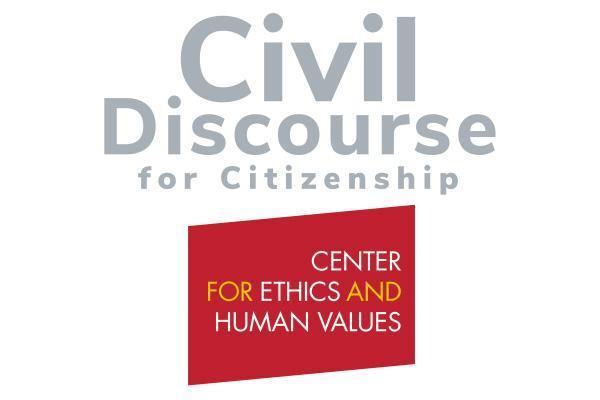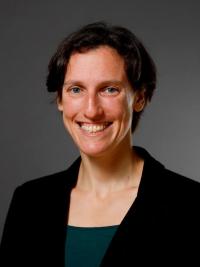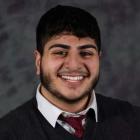
Should Transgender Athletes be Permitted to Compete According to their Gender Identity?
Although Title IX aims to secure sex equality in education by prohibiting discrimination based on sex, it makes an exception for sport by allowing men and women to compete in separate categories. This sports exception is widely viewed as necessary for fair competition due to physiological differences that bear on athletic performance. Recent concerns about transgender athletes challenge this model. Out of a concern for inclusion, many argue that transgender athletes should be permitted to compete in the category that corresponds to their gender identity. Others worry that (unconditional) inclusion undermines fair competition.
How should we balance the values of inclusion and fairness in the context of sports competition? The panelists in this Forum will consider these values in light of evidence regarding how biological factors contribute to performance, focusing on the question: When, if ever, should transgender athletes be permitted to compete according to their gender identity?
This student-moderated discussion is part of CEHV's "Civil Discourse Forums" series. Forum topics are selected by our undergraduate Civil Discourse Fellows trained in the 4Cs of civil discourse (Be Curious, Be Charitable, Be Conscientious, Be Constructive). We are grateful to the Derrow Family Foundation for continuing support.
CEHV is also grateful to Ohio State's Sports & Society Initiative for generously co-sponsoring this event.
Speakers

Joanna Harper
Dr. Joanna Harper is a post-doctoral scholar at Oregon Health and Sciences University. Dr. Harper has written extensively on gender and sport, focusing on the performance of trans-athletes. She is the author of Sporting Gender: The History, Science, and Stories of Transgender and Intersex Athletes. Her interest in gender and sport stems from her personal experience as a trans-woman competing in women’s sports. Dr. Harper has been an expert advisor to many international sports federations, including the International Olympic Committee, on matters relating to gender variance and sport. Harper was an expert witness for the IAAF at both the Semenya and Chand trials before the Court of Arbitration for Sport.

Kim Jones
Kim Jones is the co-founder of the Independent Council on Women’s Sports (ICONS), a network of collegiate and professional female athletes that advocates for fair competition in women’s sports. She was an All-American tennis player at Stanford University, Pac-10 Champion, and three time NCAA tennis team finalist. Drawing on her experience as an athlete and mother of an Ivy League swimmer, Jones advocates for a female protected category in sport. She has published several op-eds and spoken around the world on women's sports, including at the largest feminist conferences in Europe. Jones organized and hosted the International Women's Sports Summit and has consulted with several national governing bodies and international federations on sports policy.

Naomi Scheinerman
Dr. Naomi Scheinerman is an Assistant Professor of Bioethics in the Department of Biomedical Education and Anatomy. Her background is in political and democratic theory, with experience in law, public policy, and philosophy. In addition to deliberative democracy, she works on exploitation and consent, including on such topics as prenatal genetic testing, gestational surrogacy, reproductive rights, paid participation for clinical trials, egg and organ donation, and newborn screening. Scheinerman also works on issues of gender diversity in sports. Prior to joining the faculty at OSU, she was a Postdoctoral Fellow in Genetics and Genomics at the University of Pennsylvania in the Department of Medical Ethics and Healthcare Policy and the AI Joint Fellow-in-Residents at Harvard’s EJS Center for Ethics and Berkman Klein Center for Internet and Society. She also worked for two years as a research assistant at The Hastings Center.
Moderators

Kayla Anderson
Kayla Anderson is a third year Political Science major on the pre-law track. She also has minors in Spanish and Business. She currently serves as the vice president of the Undergraduate Black Law Student Association, treasurer of the Minority Collegiate Outreach and Support Team, and DEI committee co-chair for her Law and Society Scholars Program. Outside of school, she often volunteers with the Legal Aid Society of Columbus which provides free legal services for low-income Columbus residents.

Muheeb Hijazeen
Muheeb is a third-year Industrial and Systems Engineering student with a minor in Clinical Psychology on the pre-law track. On campus, he is the Vice President of Internal Relations for the Institute of Industrial and Systems Engineers. He sits on the advisory board for the Ohio Prison Education Exchange Project, is an engineering ambassador, and is a Mount Leadership Society Scholar. Muheeb works in Undergraduate Admissions as a Junior Undergraduate Admissions Counselor and works part-time at Nationwide Insurance as a Data Science Researcher. In the past, Muheeb has interned for Ford Motor Company and GE Aerospace.
